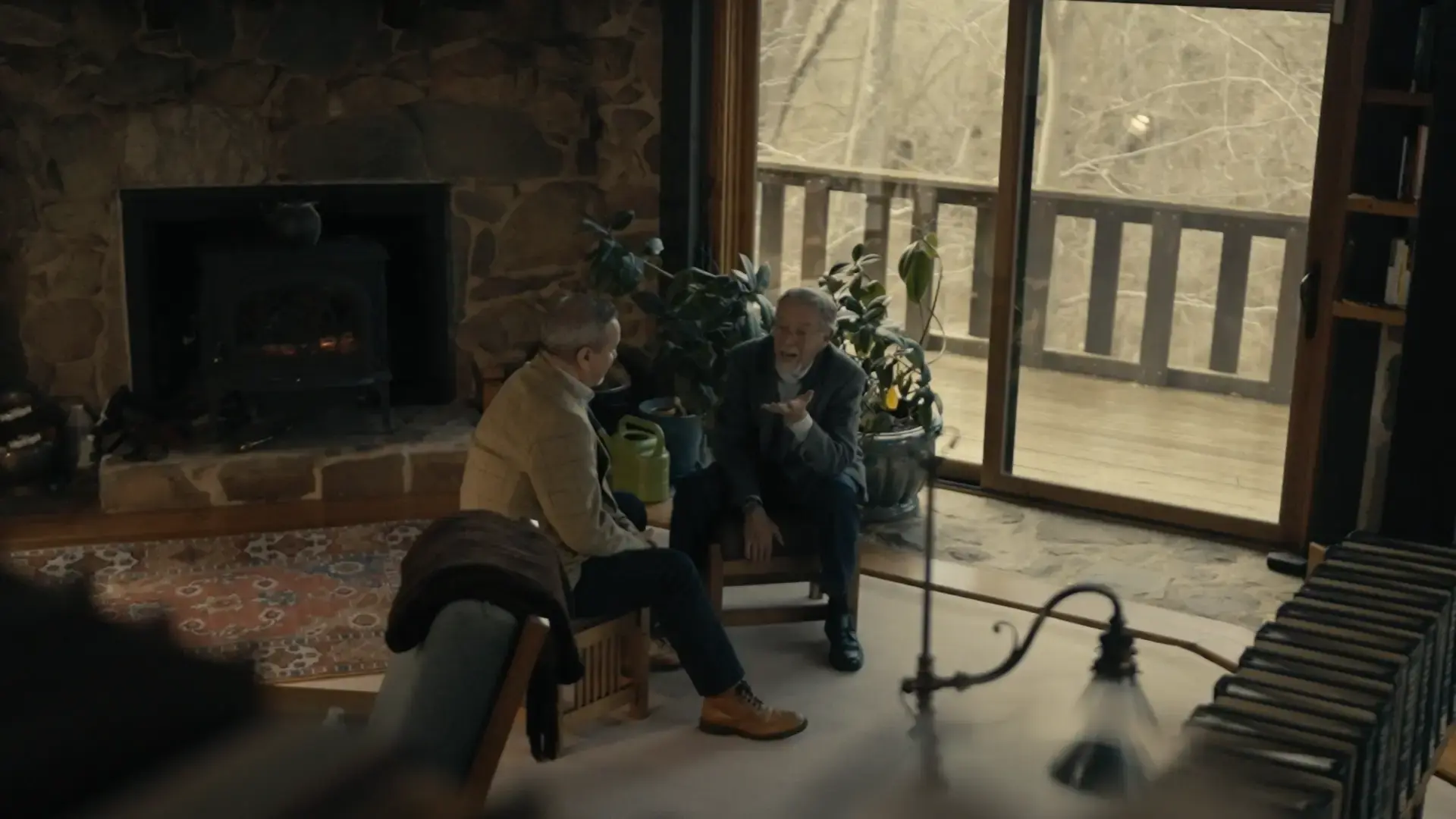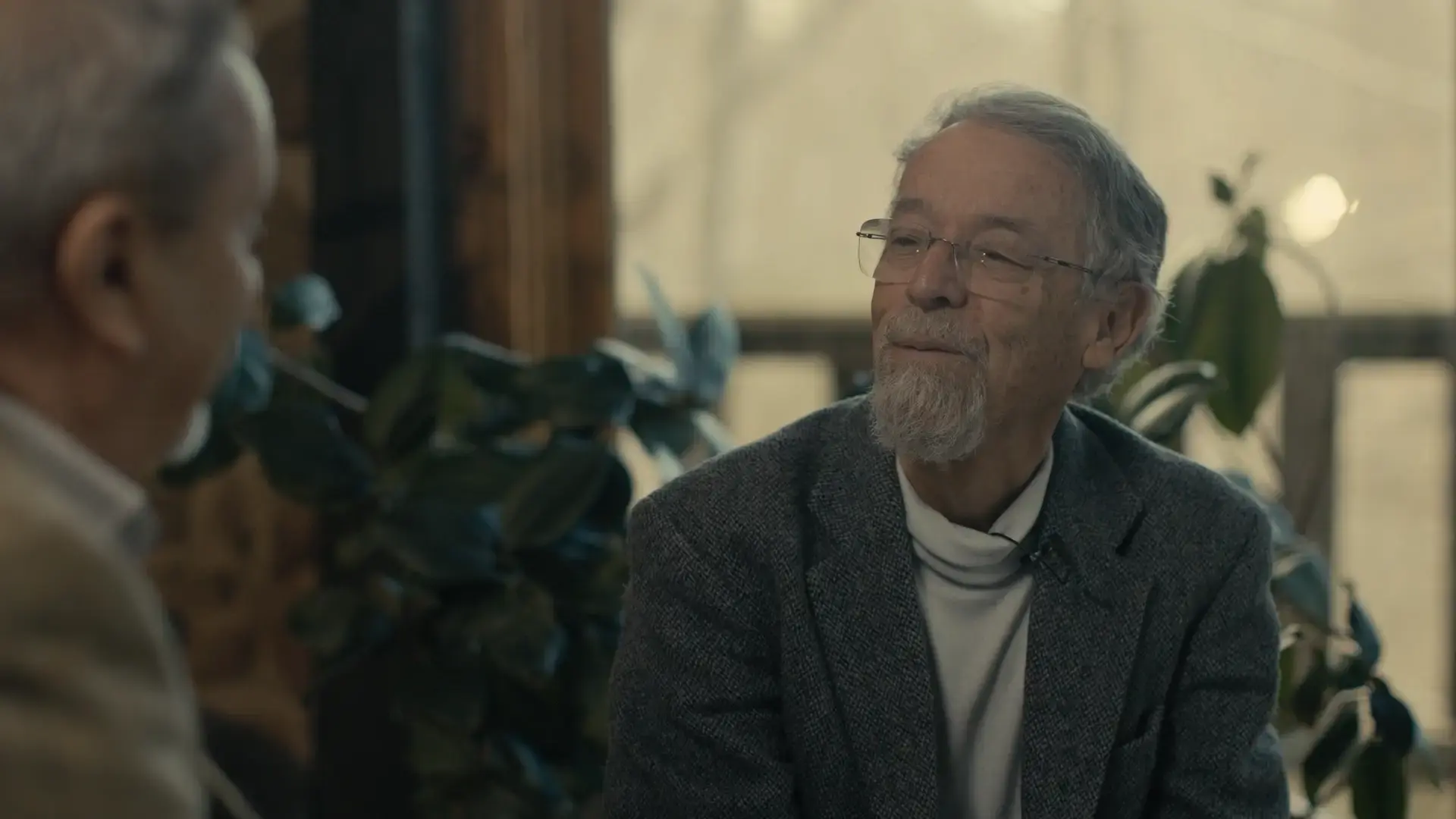In an ideal world, a negotiation would be amicable and see both sides leave with a desired outcome.
But oftentimes, this isn’t the case, with some parties complicating matters with methods such as the "good cop, bad cop" routine and claims of lacking authority. Thankfully, there are negotiation techniques you can use to overcome these tricky tactics.
What is 'good cop, bad cop' in negotiation?
The 'good cop, bad cop' routine is a classic manoeuvre in negotiations, and is often seen in crime dramas and police interrogations.
In this tactic, two negotiators play contrasting roles: one adopts a friendly, cooperative stance (the "good cop"), while the other takes a tougher, more confrontational approach (the "bad cop").
The aim is to create a psychological dynamic that encourages the other party to seek refuge with the "good cop" and make concessions to secure a deal.
Negotiation techniques to counter the ‘good cop, bad cop’ tactic
When encountering the "good cop, bad cop" routine, it's essential to recognise the game being played. While it might seem like a psychological ambush, it's crucial to stay focused on the substance of the negotiation rather than getting caught up in the role-playing.
Be aware that negotiation techniques such as this are often used intentionally to manipulate perceptions and emotions.
Acknowledge the tactic for what it is – a psychological ploy. You need to remain composed and not let the act influence your decisions. This awareness can help you maintain composure and avoid being manipulated.
While it may be tempting to react strongly to the "bad cop," doing so may play into their hands. Instead, respond calmly and professionally to maintain control of the conversation.
Don't hesitate to articulate your feelings during negotiations. Saying phrases like "I'm surprised" or "I'm confused" can help clarify the other party's intentions and encourage more transparent communication.
Shaun James, Head of Learning and Skills at Huthwaite International, echoed the importance of conveying your feelings if you’re faced with a situation in which you feel uncomfortable.
“If you’re not happy with the conduct of the people you’re negotiating with, then be sure to express your feelings. And if all else fails, if one person is playing good cop, and the other is playing bad cop, then talk to the good cop.”
In the course of your negotiation, it's also vital to actively seek clarity regarding the other party's intentions. Employ techniques such as summarising their statements, engaging in accurate communication, and asking clarifying questions to ensure a mutual understanding of each other's viewpoints and goals.
Additionally, it's advisable to remain well-prepared at all times. This entails having alternative options and strategies at your disposal, which can help you retain negotiation leverage and adapt to changing circumstances during the process. Being prepared is a cornerstone of effective negotiation.

What is the “I don’t have the authority” negotiation technique?
In using the "I don't have the authority" negotiation approach, you’re essentially stating that you lack the power and decision-making capacity to agree to specific terms or concessions during the negotiation.
Negotiation techniques like this are used to stall the opposition and are useful, as they can buy more time, providing you the opportunity to consult with colleagues or superiors before reaching a final decision.
When to use the “I don’t have the authority” technique
This approach can be useful if it’s used responsibly - don’t resort to dirty tactics.
For instance, if you want to shift responsibility for certain decisions or concessions to a higher authority, saying you don’t have the authority helps you avoid taking sole responsibility for the outcome, especially if there's a possibility of negative consequences.
If you do choose to use such negotiation techniques, it’s important to be truthful and ensure that your claim about lacking authority is accurate. Falsely representing your level of power can damage trust and your reputation.
You also need to define parameters and clearly communicate which aspects of the negotiation you can or cannot decide on. Failing to do so could potentially lead to misunderstandings.
Continuing in this ilk, if you initially claim to have a lack of authority, you need to maintain this stance throughout the negotiation process. If you change tact midway, this may not only cause confusion, but it may be perceived as manipulative.
Elevate your negotiation skills with the Mastering Sales and Negotiations podcast.
Uncover invaluable insights and gain practical tips to enhance your approach. Tune in now
Negotiation techniques if the opposition lacks authority
When the opposing party employs the "I don't have the authority" technique, it's crucial for you to remain vigilant.
First, consider politely requesting clarification on who the decision-maker is within their organisation. Suggest involving this decision-maker directly in the negotiation process. By doing so, you can help mitigate potential delays and maintain progress in your discussions.
If you find that the other party consistently avoids taking a stance or making decisions, it's advisable for you to explore alternative options and solutions that don't hinge on their approval. This proactive approach can keep the negotiation moving forward.
To establish a sense of accountability and avoid unnecessary delays, set clear and reasonable deadlines for decision-making during the negotiation. This ensures that both parties remain focused on the task at hand and prevents undue postponement.
Furthermore, it's essential to emphasise the importance of documenting any agreements or compromises reached during the negotiation. Having these terms in writing not only helps in avoiding disputes but also ensures that both sides uphold their commitments.
Jo Derriman, Senior Client Director at Huthwaite International, gave her perspective on how to overcome these negotiation techniques.
“It's an interesting one, because it could be genuine, it could be that the agreement really does need to be assessed by somebody else to get internal buy-in.
“If that's the case, then you can go back to your company and speak to senior management or your own boss to say, ‘here's where we're up to with the deal. Can I check that we're still happy with it?’
“However, if you feel it's a tactic, then consider telling them that you feel you shouldn't be negotiating with them, and ask if, going forward, you can negotiate with the person who does have the authority, because you don't want to waste anybody's time.”
Negotiations needn’t be intimidating or insurmountable. By arming yourself with the right tools and techniques, you can approach tricky negotiations with confidence and the knowledge that you have the skills to achieve your goals.
With patience, strategic thinking, and a commitment to understanding the needs of all parties involved, you can overcome even the trickiest of scenarios.








